Uzbekistan delegation attends the 19th ACD ministerial meeting
The delegation of Uzbekistan, led by First Deputy Minister of Foreign Affairs Bakhromjon Aloyev, yesterday took part in the 19th meeting of the Council of Foreign Ministers of the Asian Cooperation Dialogue (ACD) member states, held in Tehran under the chairmanship of the Iranian side.
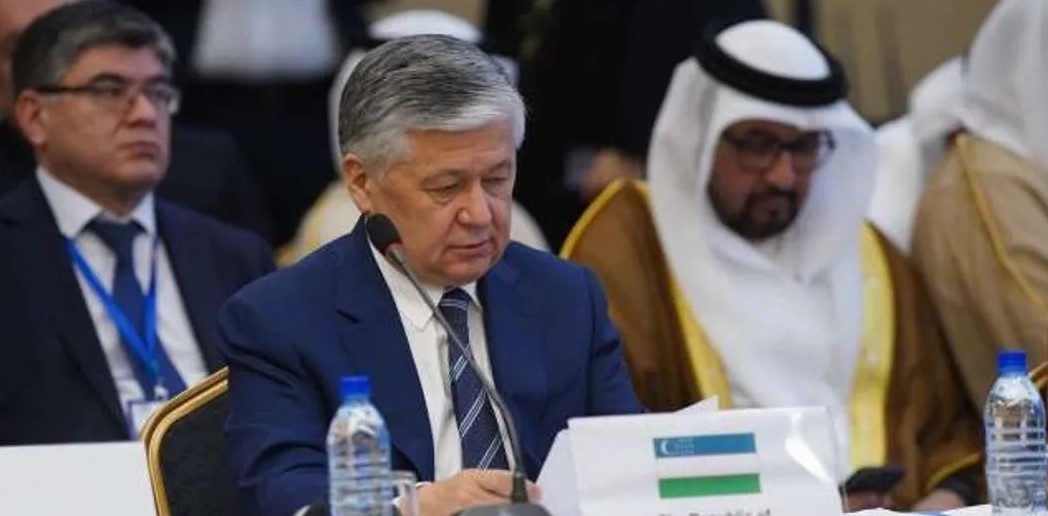
Photo: Dunyo IA
According to the MFA, the event was also attended by delegations of foreign ministries of 31 states and representatives of 8 regional organizations.
The heads of delegations discussed issues of expanding and strengthening cooperation within the Dialogue, in particular, developing joint measures to increase interaction in trade, economic, food, energy and other spheres. Current issues on the regional and global agenda are considered, in particular the current situation in the Middle East.
In his speech, the head of the Uzbek delegation noted the value of the role of the Asian Cooperation Dialogue in countering threats and new dangers in a difficult global situation and strengthening relations.
Participants in the event were informed about our country’s position on a number of pressing global and regional issues, including resolving the Palestinian-Israeli problem.
The importance of focusing on deepening the political and diplomatic dialogue was noted, in particular the importance of the “Samarkand Solidarity Initiative” proposed by the President of Uzbekistan was emphasized in order to involve all parties ready for open and constructive cooperation in the global dialogue.
The need was stated to strengthen interconnectedness between regions by creating transport corridors, solving problems of food shortages, ensuring energy security, supporting regional environmental projects and introducing “green” technologies, as well as intensifying cultural and humanitarian cooperation and tourist exchanges.
Following the meeting, a decision was made to appoint the representative of Kuwait, Nasir Raden Taamer Al-Motairi, as the Secretary General of the Dialogue, and the representative of Iran, Mahammad Taghi Hossein, as his deputy. The participants also approved the Tehran Declaration on the theme “Towards the Asian Community through a renewed Dialogue on Cooperation in Asia”, which reflects the provision of support for the holding of the 43rd meeting of the UNESCO General Conference in Samarkand in 2025.
Related News
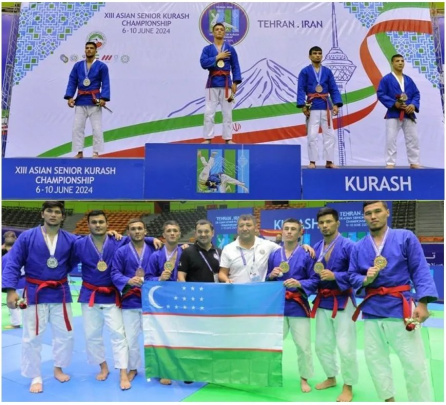
11:14 / 11.06.2024
Uzbekistan national team secures first place at Asian Kurash Championship
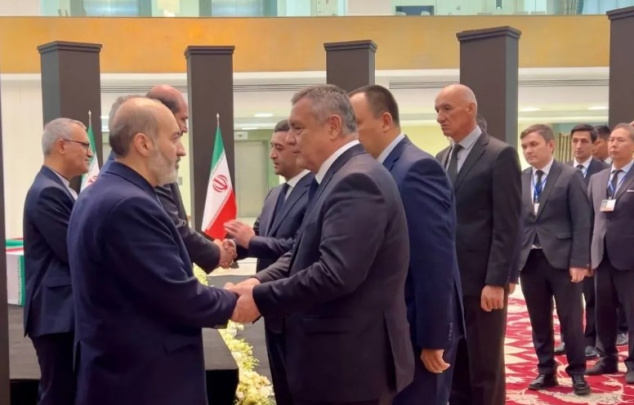
11:59 / 23.05.2024
Uzbekistan delegation takes part in Ebrahim Raisi's funeral in Tehran
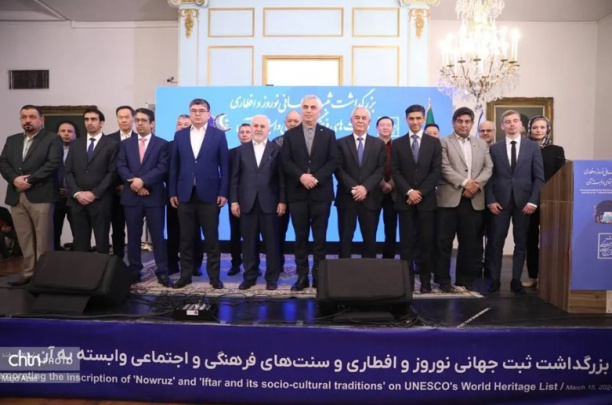
09:55 / 20.03.2024
Uzbekistan’s ambassador takes part in celebration of Nawruz in Tehran
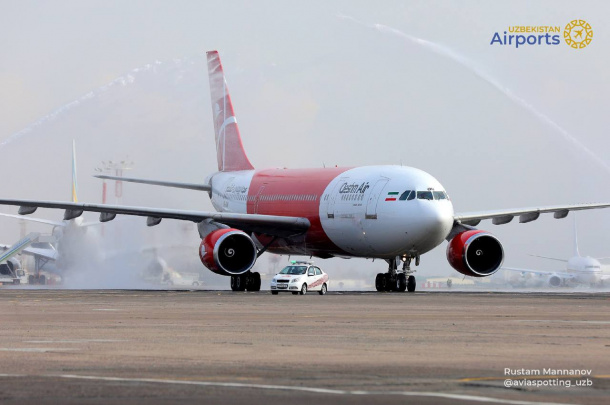
21:07 / 07.08.2023



